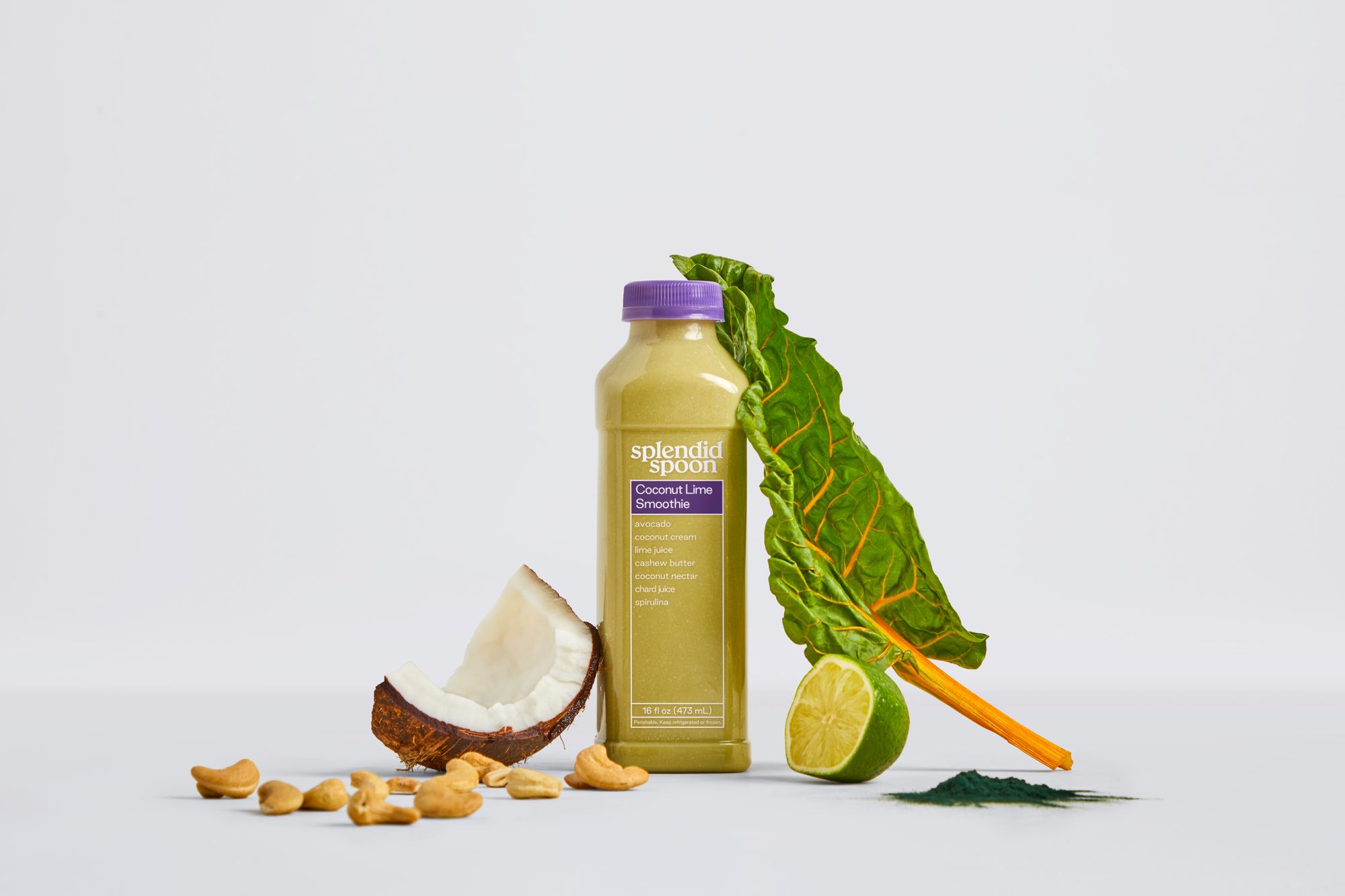
We checked in with Kim Rose, RDN, to get a better understanding of what added sugar really means. Are all sugars the same? Is sugar bad for you? Read on to demystify what "sugar" really is.
Added sugar has been getting a lot of media attention lately, but what exactly is added sugar? To fully understand what it is, let’s first look at natural sugars. Natural sugars are sugars that occur naturally in foods. For instance, fruit naturally contains sugar in the form of fructose. So if you bite into a pineapple or a mango, you’re consuming the naturally occurring sugars in that fruit. Added sugars—on the other hand—include all sugars that are added during the processing of foods. For example, even though the sugar found in fruit is naturally occurring, if you extract it and add it to your breakfast cereal or smoothie, then it becomes an added sugar. It is considered to be an added sugar because it is not naturally occurring in the original version of the food it was added to.
Now I don’t want you to think sugar—whether natural or added—is bad. Consuming too much of anything can have a negative impact, and sugar generally gives the body a source of energy. Used moderately, sugar can be pretty awesome. In the Splendid Spoon smoothie line, you’ll notice some of the smoothies contain sugar, but in the form of coconut nectar. Coconut nectar is derived from the blossom (plant portion) of the coconut. And rumor has it that coconut nectar contains potassium, B vitamins, zinc and a plethora of other nutrients. This is unlike refined sugar (ex: white table sugar), which is void of all these nutritive benefits and simply full of calories.
While you may be saying to yourself “If I add coconut nectar to my smoothies, it’s a natural sugar, right?" Yes, but no. The answer to that question is complex. Yes, coconut nectar is derived from the coconut blossoms that are nature-made, but when you add coconut nectar to another natural or processed food, then it’s considered to be an added sugar. Let’s start by examining a smoothie. All smoothies have sugar in them. If you make a smoothie using fruit and water only, then the sugar source is considered to be au natural. It’s natural because there is no sweetener of any kind included in the smoothie besides what is found in the fruits themselves. Now, if you add a sweetener in the form of coconut nectar or even non-dairy milk to the smoothie, then that smoothie is no longer considered to have only natural sugars. So, is coconut nectar inherently bad? No. Does the taste of coconut boost the flavor profile? Definitely! There's no shame in taking a refreshing sip of a coconut nectar—or otherwise sweetened—smoothie. Just choose your sweetener wisely.
The Coffee Frappé and Coconut Lime Smoothie are two new tasty additions to Splendid Spoon's smoothie line. And guess what? Both drinks contain coconut nectar. Since coconut nectar is added to enhance the flavor profile, you’ll notice it listed as “added sugars” on the nutrition facts label. Again, neither sugar nor nectar is the bad guy here. Remember, rumor has it that coconut nectar contains a variety of vitamins and nutrients that perform different functions in the body. This is a win-win situation. So when you’re ready, try the Coffee Frappé and Coconut Lime Smoothie. Soon you'll be enjoying these great tastes and their nutritive benefits.
Want a sip? Add the Coffee Frappé and Coconut Lime Smoothies to your next delivery. Questions? Email us hello@splendidspoon.com
